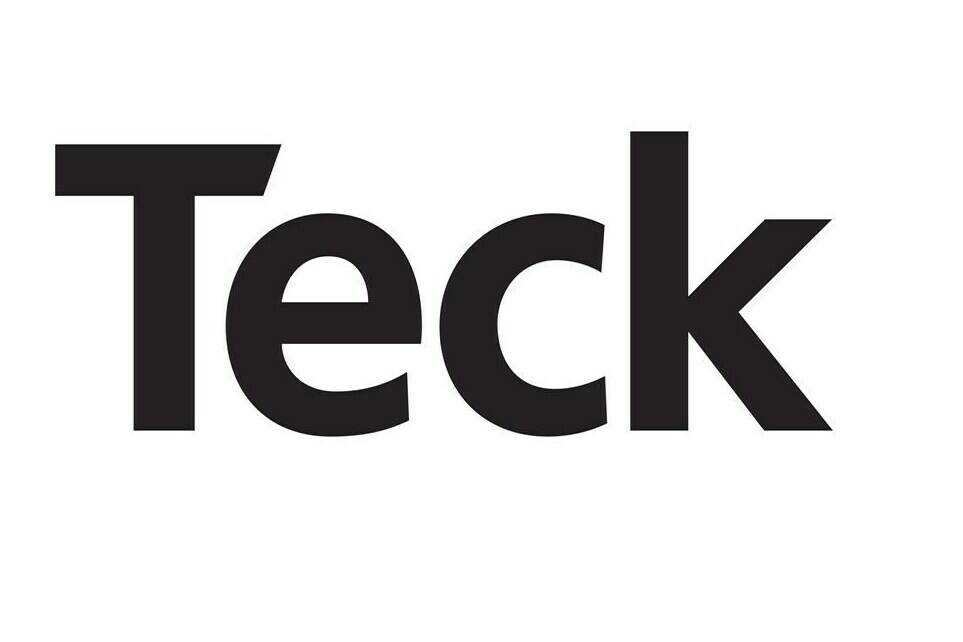Teck Resources Ltd. is evaluating alternatives for its steelmaking coal business, including the possible spin-out of an interest in that business to its shareholders.
The Vancouver-based company said Thursday that no decision has been reached to proceed with a transaction, and it can’t make any assurances that any kind of deal will happen, but that such a deal could be beneficial.
“Any transaction would be expected to create value for Teck’s shareholders and support continued benefits for communities and Indigenous Peoples in the areas where Teck operates,” the company said in a news release.
Teck made the comments at the request of the Investment Industry Regulatory Organization of Canada and the New York Stock Exchange after Bloomberg reported that the company was planning to spin out the division.
Teck’s shares jumped almost 10 per cent on the news before they were halted mid-morning, while they were trading up $3.45 or 6.13 per cent at $59.70 in early afternoon.
The news appeared to be a reversal from Teck’s previous stance in using cash flow from its coal division to boost its copper growth pipeline and shareholder returns, said National Bank analyst Shane Nagle in a note.
“For management to shift its line of thinking, the value proposition from such a transaction may be more immediately accretive than we previously envisioned.”
Structuring a spinoff of the company’s coal assets will be challenging, with a simple asset sale unlike given the sheer scale of the business, said Nagle.
Spinning out the coal business while holding onto a large equity stake would be less tax advantageous, while currently elevated coal prices means a fair valuation for both parties would be difficult to agree upon, he said.
Steelmaking coal prices averaged US$278 per tonne in the company’s fourth quarter, compared with US$164 per tonne for 2019.
The potential spinoff comes as Teck repositions itself to focus on resources it sees will be in demand in a lower emissions world.
Last year, the company sold its stake in the Fort Hills oilsands project to Suncor Energy Inc. for about $1 billion in cash.
The company has maintained that steelmaking coal will be crucial to the transition because of the expected demand for the metal, but steelmakers are under pressure to reduce emissions.
ArcelorMittal, for example, broke ground last October on a $1.8 billion investment to transform its Hamilton steelworks into an operation that removes coal from the ironmaking process.
For now, coal is still a huge part of Teck’s business. In 2021, the company’s coal production made up $6.2 billion of its $13.5 billion in revenue, and more than half of its gross profit.
Copper is set to become an increasing source of revenue however as the company works to complete its QB2 project in Chile that should double copper production by 2024.
RELATED: Teck Resources cutting steelmaking coal sales guidance after equipment failure

